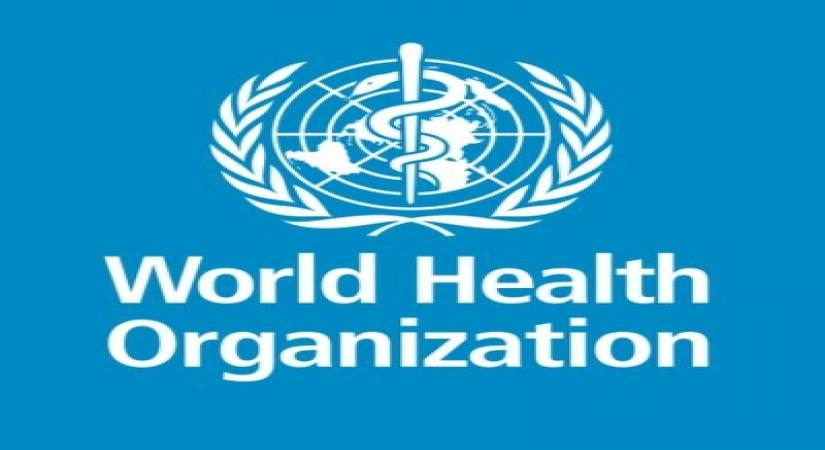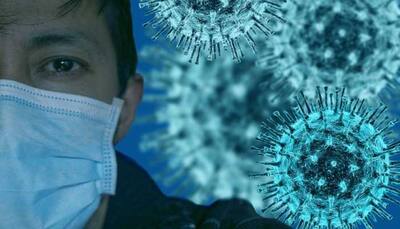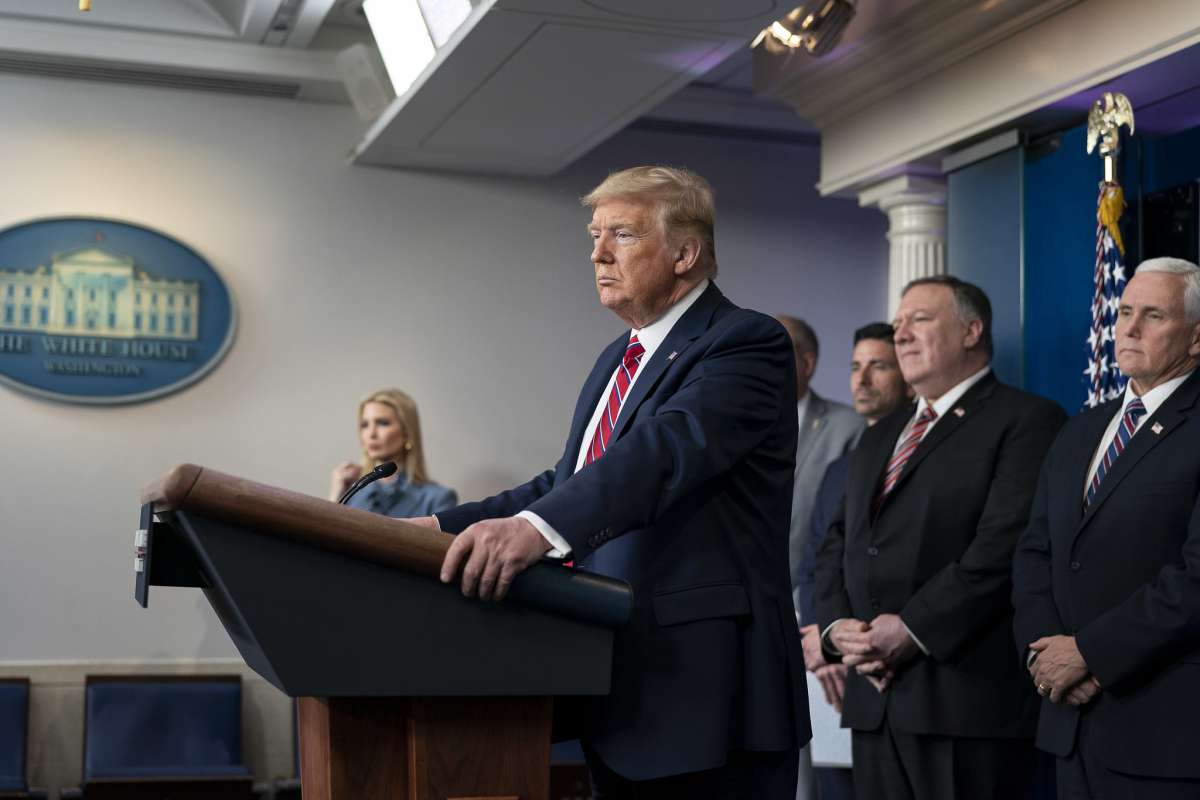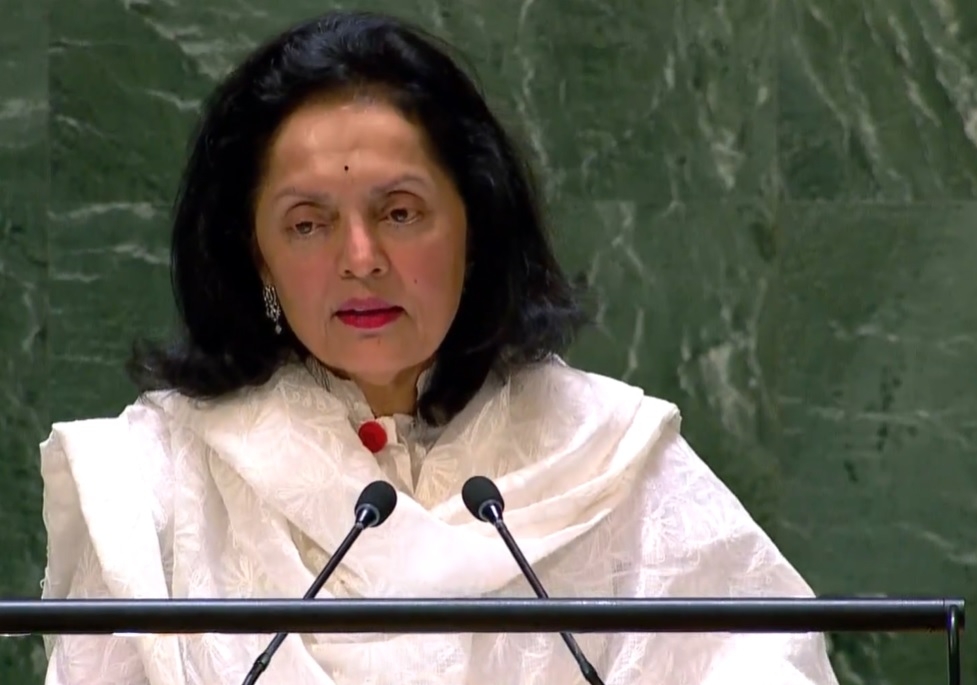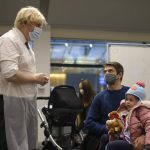Though JN.1 is now restricted to its circulation in the US, it is responsible for an estimated 1 in 5 new coronavirus infections, according to data from the Centers for Disease Control and Prevention…reports Asian Lite News
The World Health Organization (WHO) has declared the new Covid-19 variant — JN.1 — as a “standalone variant of interest”.
WHO’s decision was prompted by the variant’s ability to spread fast among the community. It said the decision was due to the strain’s ‘rapidly increasing spread’.
The WHO on Tuesday announced that it is classifying a new Covid-19 strain – JN.1 – as a standalone variant of interest “due to its rapidly increasing spread”, media reports said adding that the new variants’ characteristics and a growth advantage over other strains in circulation prompted the early warning, reports said.
Though WHO assessed the global public health risk of JN.1 as low, it warned that countries approaching winter should be aware that Covid-19 and other pathogens may exacerbate respiratory disease seasons.
“Despite this, with the onset of winter in the Northern Hemisphere, JN.1 could increase the burden of respiratory infections in many countries,” it said.
Though JN.1 is now restricted to its circulation in the US, it is responsible for an estimated 1 in 5 new coronavirus infections, according to data from the Centers for Disease Control and Prevention.
The agency expects that JN.1’s prevalence in the US will continue to increase in the winter months.
WHO considers BA.2.86 sub lineages to be variants of interest, but now JN.1 is listed as a variant of interest separate from its parent lineage, also known as pirola.
WHO defines a variant of interest as a strain with genetic mutations, according to US News & World Report.
Covid-19 tests and treatments are expected to work on JN.1. So far, it doesn’t appear to cause more severe disease but it does seem to have advantages over the other strains.
“While there is a rapid increase in JN.1 infections, and likely increase in cases, available limited evidence does not suggest that the associated disease severity is higher as compared to other circulating variants,” WHO said in its risk assessment of the strain.
Coronavirus vaccines are also expected to work on JN.1. “Current vaccines, including those based on ancestral strain as well as the updated monovalent XBB vaccines continue to provide protection against severe disease and death, including against JN.1,” WHO’s Maria Van Kerkhove said on social media.
ALSO READ-India Topped SE Asia in Malaria Cases and Deaths: WHO


